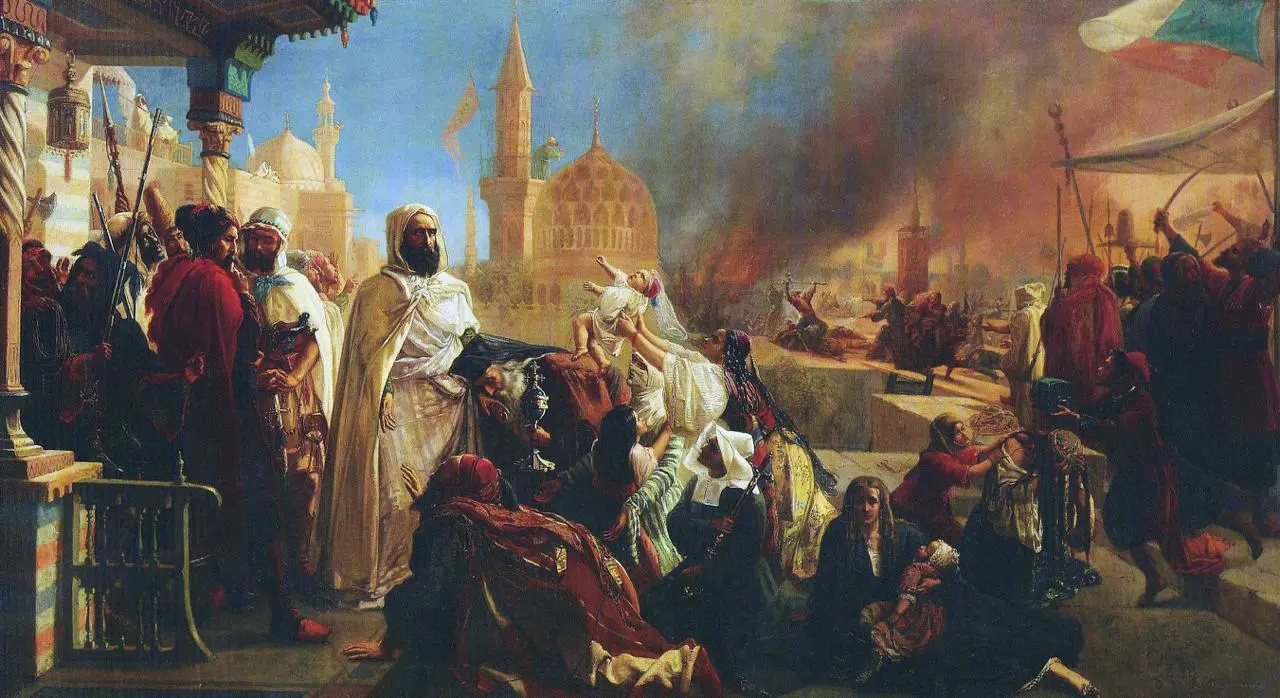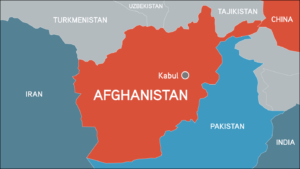In the windswept plains of 19th-century Algeria, Emir Abdelkader al-Jazairi emerged not only as a fierce opponent of colonial conquest but also as a paragon of compassion. His story weaves together battlefield heroics, spiritual devotion, and acts of mercy that would echo across continents. From the moment he was chosen as Emir, his life became a living testament to the power of faith and the resilience of the human spirit.
The Young Sheikh Turned Commander
Born in 1808 to a respected Qadiriyya Sufi family, Emir Abdelkader al-Jazairi grew up amidst the recitation of sacred texts and the teachings of his father’s zawiya. By age fourteen, he had mastered the Quran, memorized poetry, and impressed scholars with his eloquence. Yet, nothing in his early life foretold the pivotal moment when tribal leaders, desperate to resist French invasion, would implore the twenty-four-year-old scholar to take the mantle of Emir. With trembling hands yet unwavering conviction, he accepted, and thus began his extraordinary chapter.
A State Forged by Faith
Once declared Emir, Emir Abdelkader al-Jazairi set about crafting a modern state rooted in Islamic principles. He convened a divan of ministers and a majlis of learned ulema to govern justice, trade, and defense. Under his guidance, Algeria minted its own currency, operated workshops for arms production, and established fair taxation, marking the first serious attempt at a united Algerian nation. His capital at Tagdemt buzzed with industry and scholarship, a symbol of hope amid ruin.
Emir Abdelkader al-Jazairi’s Guerrilla Crusade
Between 1832 and 1847, Emir Abdelkader al-Jazairi led fifteen years of daring guerrilla warfare against French forces. Striking swiftly from desert hideouts, his lightly armed cavalry harried occupying columns. Tales of his uncanny ability to vanish into the dunes grew legendary, stories that French generals recounted over campfires. Yet despite the ferocity of his resistance, he never wavered in his commitment to Islamic ethics on the battlefield.
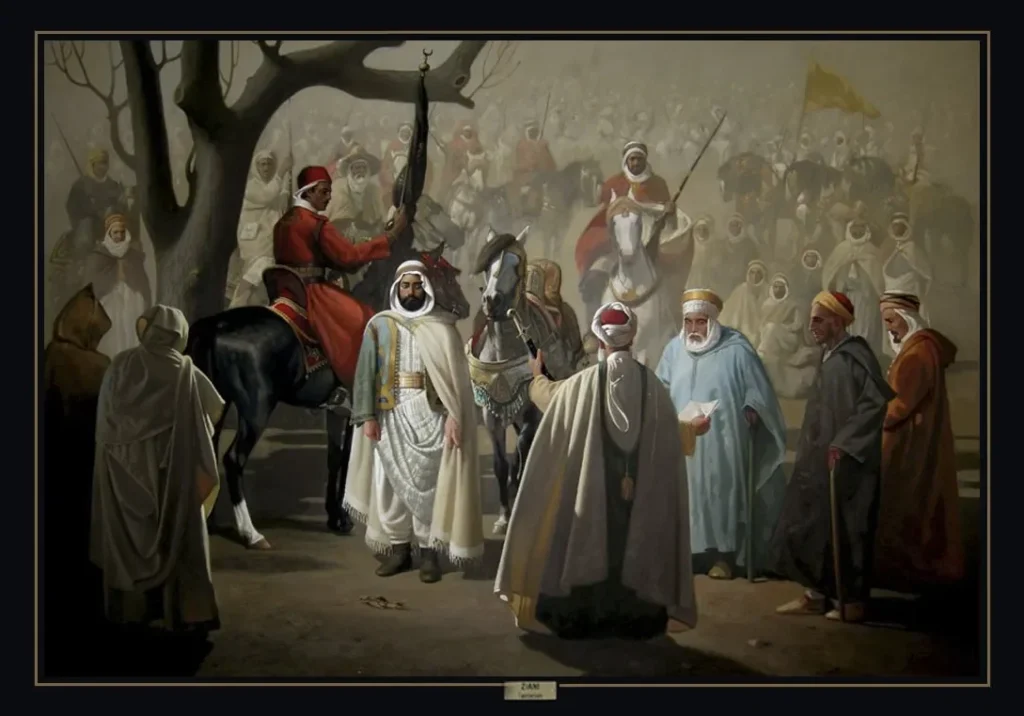
A Code of Compassion
Perhaps most remarkable was Emir Abdelkader al-Jazairi’s treatment of prisoners. Refusing to exploit captives, he issued a code ensuring humane treatment, hot meals, proper shelter, and medical care. His mother even oversaw the well-being of French officers held in his camps. This radical compassion won him admiration and inspired later humanitarian conventions. When famine and relentless French reprisals threatened his people, he made the agonizing choice to surrender, believing further bloodshed would betray his principles.
Exile, Enlightenment, and Mercy in Damascus
After his 1847 surrender, French authorities reneged on promises of safe passage. Emir Abdelkader al-Jazairi endured five bleak years of captivity in French châteaux, witnessing the deaths of dozens of companions from cold and despair. When Napoleon III finally granted him freedom in 1852, the Emir chose Damascus as his home, a city whose great Umayyad Mosque he would frequent for prayer and reflection. Here, he delved into the mystical teachings of Ibn Arabi, penning treatises on Sufi purification and divine love.
The Damascus Miracle
In July 1860, sectarian violence erupted in Damascus, and Christian quarters faced massacre. News of the bloodshed reached the Emir’s residence, and without hesitation, Emir Abdelkader al-Jazairi donned his robes of authority and rallied his loyal Algerian guards. Hoisting a French flag to protect diplomats, he and his men fanned out through narrow alleys, rescuing thousands. Contemporary accounts credit him with saving between ten and fifteen thousand Christians, an act that transformed a former adversary into a savior.
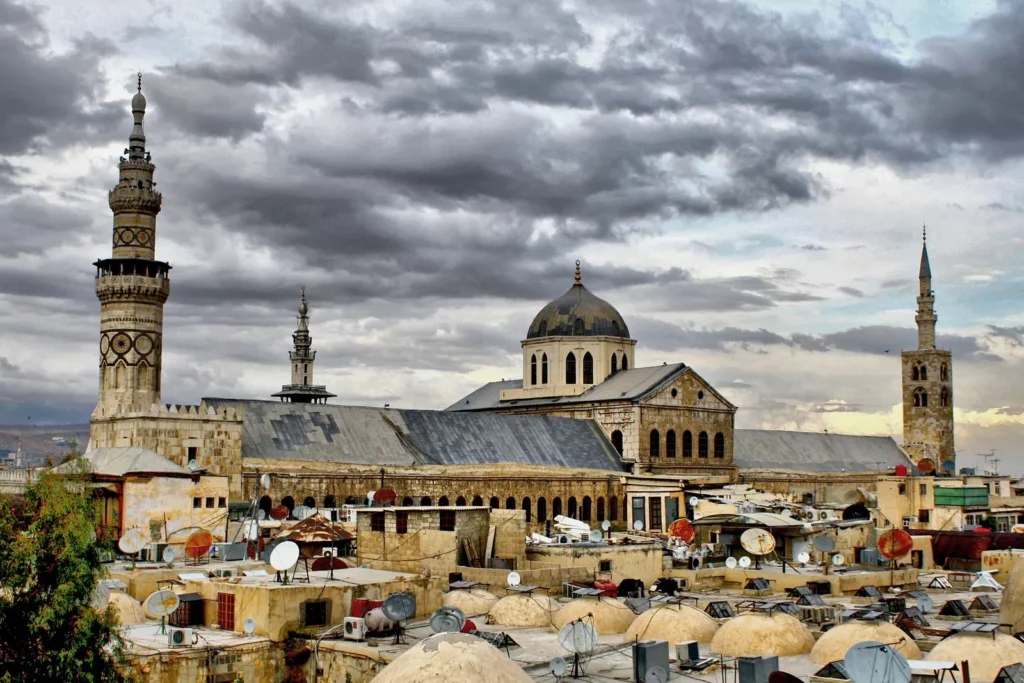
Legacy of a Universal Icon
By the time of his death in 1883, Emir Abdelkader al-Jazairi had transcended the label of freedom fighter. He was lauded from Paris to Washington, receiving France’s Légion d’honneur and a pair of Colt revolvers from Abraham Lincoln. His bust sits in the Red Cross headquarters in Geneva, a tribute to his pioneering spirit in humanitarian law. Algeria remembers him as the father of its modern identity, while the world regards him as a beacon of mercy.
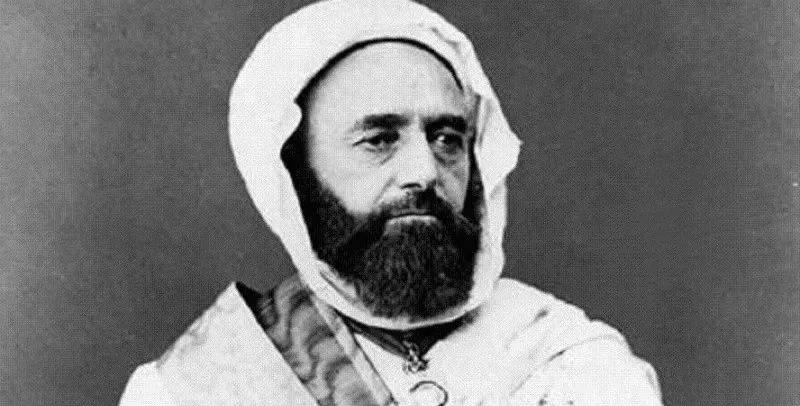
The saga of Emir Abdelkader al-Jazairi reminds us that true leadership unites strength with compassion. In an age of stark divisions, his life stands as an enduring story: of a scholar who picked up the sword to defend his people, only to sheath it in mercy; of a prince who built a state on justice; and of a man whose faith illuminated the darkest of times.
Also Read: The Overlooked General: Al-Muhallab and the Dawn of Islam in South Asia

